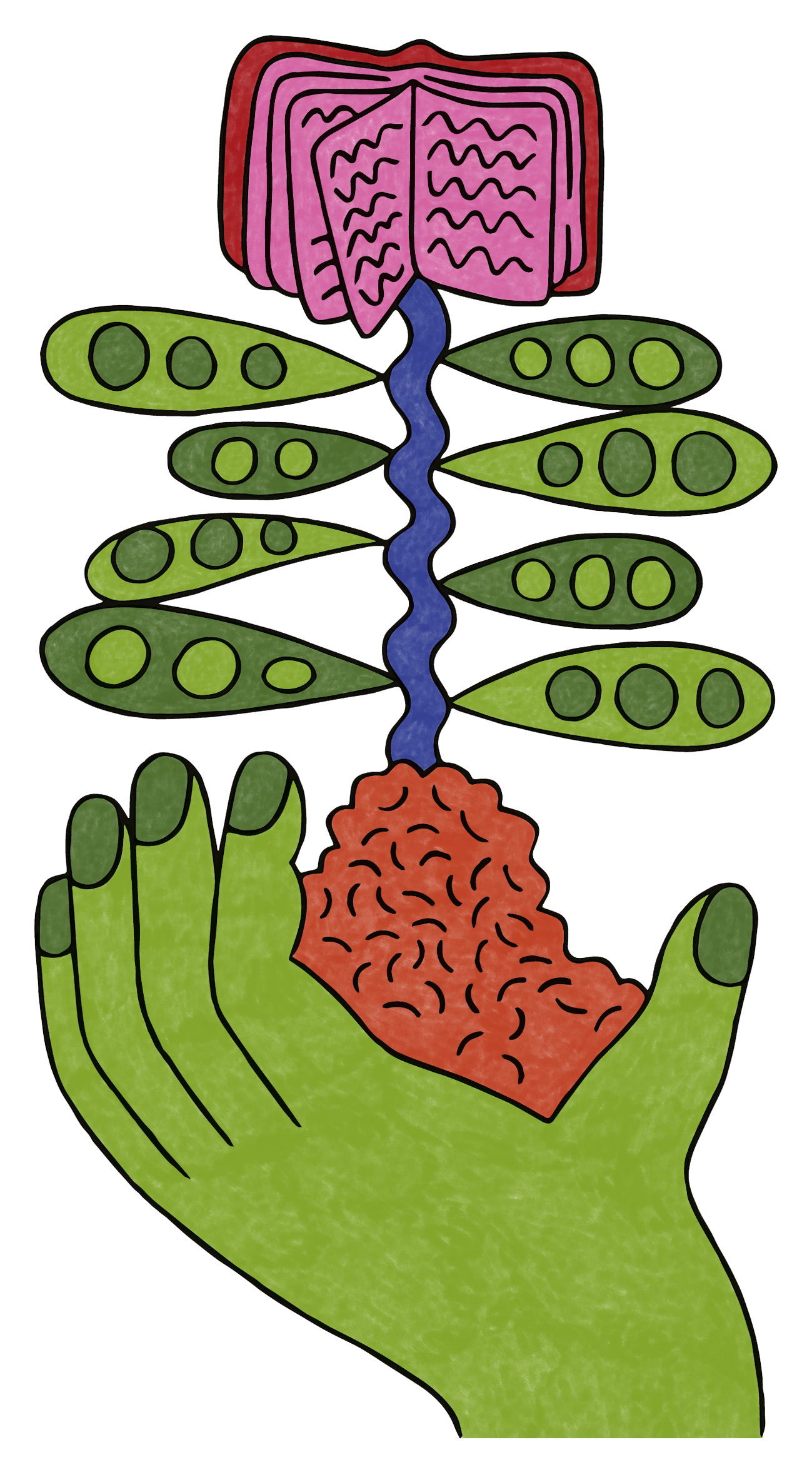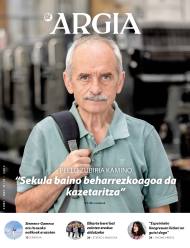Indigenous voices

On March 23, the prestigious French publisher Seuil launched a new literary section called “Indigenous Voices”. On the web Un livre dans ma valise (A book in my beacon), the director of the section Laurence Baulande explained that then the aim of the project is to publish novels by indigenous authors from around the world to come from “America, Asia, Pacific, Oceania [sic] and Europe.” In fact, it aims to give voice to the “First Populated” because “their literature is of tremendous vitality.” Those populations that, according to the United Nations, have been dismantled are called “First Villages”. Because, surprisingly, among indigenous people there are authentic “authors” capable of producing poetry, black novels or “general literature”. The “indigenous voices” section will probably give “visibility” and “legitimacy”, as it will give “militant” the word to “those who have long been silent”.
The first published novel is Cinq petits Indiens. It is a “polyphonic” story, according to the presentation, but translated into French by Michelle Good believes popular (Five little Indians) and Isabelle Maillet. This book has an indisputable literary quality, in addition to disseminating the sociological lesson of the experiences of thousands of native youths who were freed from Canadian boarding schools in the 1960s.
The second novel of the department came out in April: Written by Melissa Lucashenko, Celle qui parle aux corbeaux, David Fauquemberg has translated from Australian English. In this passionate book, full of violence, we follow Kerry Salter, a lesbian Aboriginal woman, who brings Harley to her families and her troubled villages. A very abrasive story, written in a very vivid style.
French culture is not so easy to rule out its old dogmatism, and invents special classifications to try to understand the exotic
The two novels, from English, are marked by another language. The second is mostly slang and bundjalung. It can hurt us, however, those of us who base our personality on the use of language, to think of pages to pages that, in the language of oppressors, have generally emerged those literally wonderful novels. The next production should be La femme grenouille (La rana Andre), of the sami Niillas Holmberg, and that is, of Samian origin.
The fact that the editorial Seuil considers a special section reminds me of the essay of Markus Messling, L’universel après l’universalisme (Universal postuniversal) (Paris, PUF, 2023): Europe ends up accepting that its earlier universal values do not take into account the plurality of society, says Messlingen, and true universality will continue to grow. In Bizkitarte, French culture is not so easy to rule out its old dogmatism, and invents special classifications to try to understand what is exotic, to realize that there is literature outside the big fields.
In 2015, in an article by Enbata, Peio Etcheverry Ainchart stated that not playing would be to reflect on whether the Basques should be classified as “autochthonous”: beyond all classifications, our real challenge is to persevere and walk in a changing and complex life.
Read, therefore, the works of Good and Lucashenko, not because they are indigenous literature, nor because they can be classified as gender literature, lesbian literature, post-colonialist literature, realistic literature or like any other, but simply because they are literally written, that is, they are literature.
Bidali zure iritzi artikuluak iritzia@argia.eus helbide elektronikora
ARGIAk ez du zertan bat etorri artikuluen edukiarekin. Idatzien gehienezko luzera 4.500 karakterekoa da (espazioak barne). Idazkera aldetik gutxieneko zuzentasun bat beharrezkoa da: batetik, ARGIAk ezin du hartu zuzenketa sakona egiteko lanik; bestetik, egitekotan edukia nahi gabe aldatzeko arriskua dago. ARGIAk azaleko zuzenketak edo moldaketak egingo dizkie artikuluei, behar izanez gero.
Like many other friends, in recent years Catalonia has followed closely. What happened there since we were brought forward with the 2017 referendum affects us. That is why I have also been looking forward to the election results.
Thinking of a more interesting and innovative... [+]













